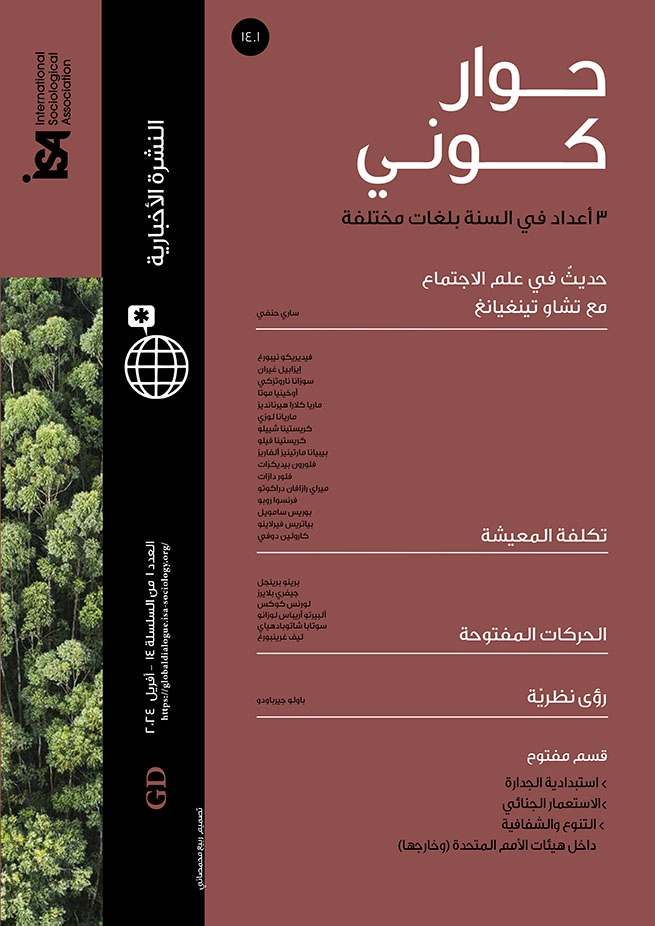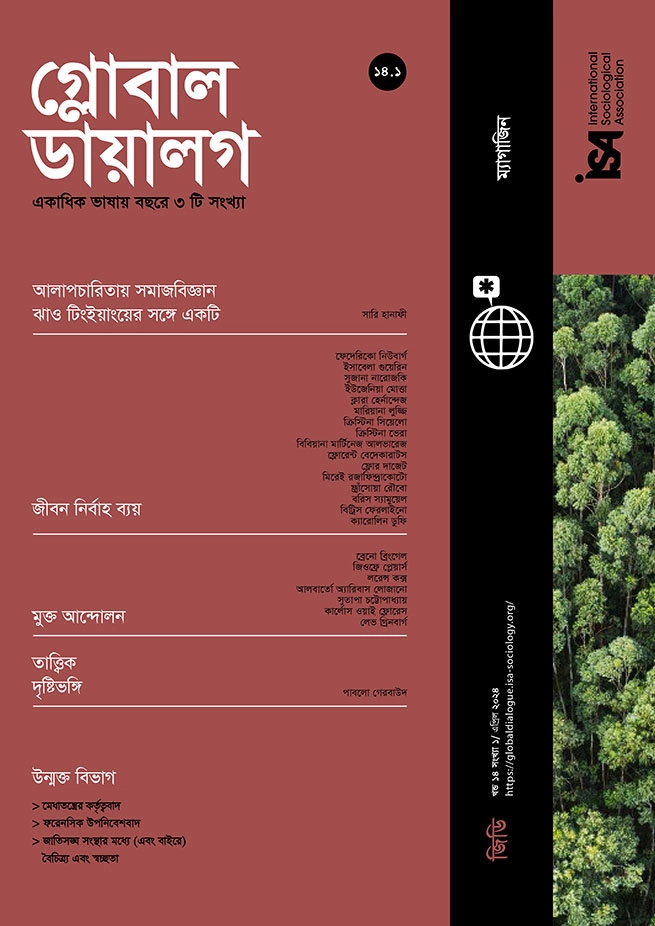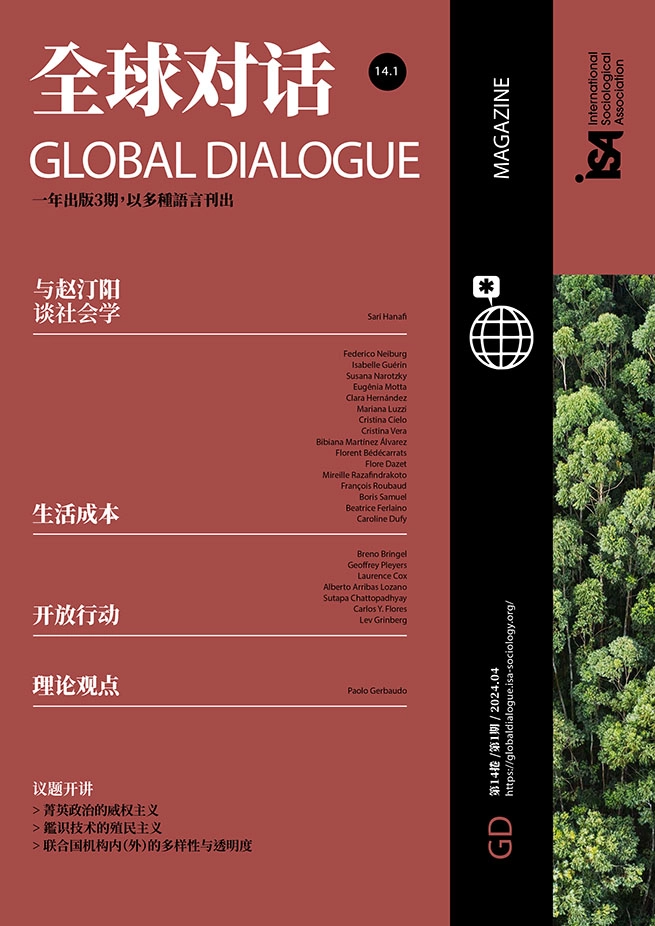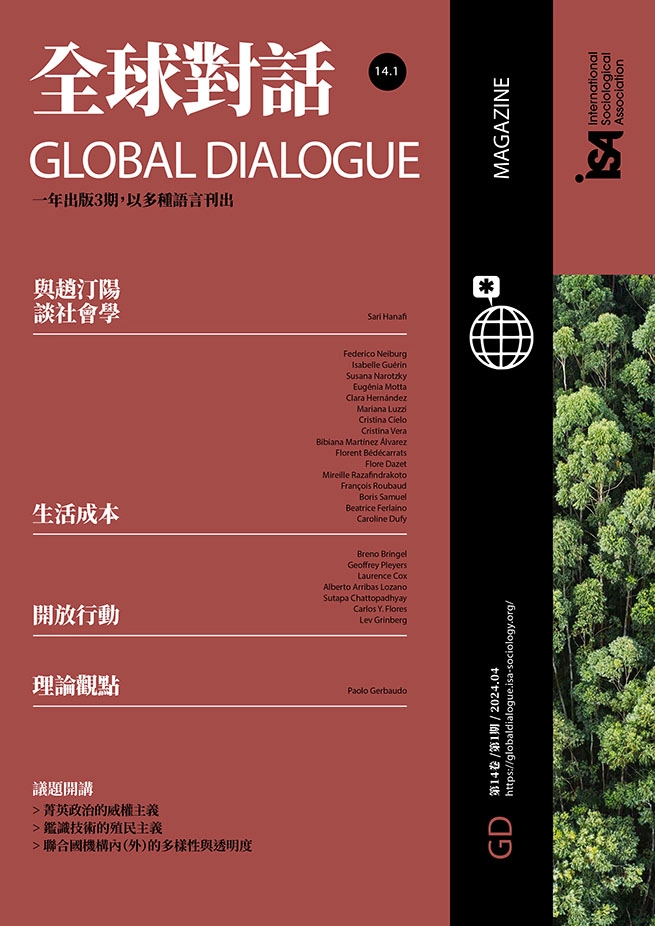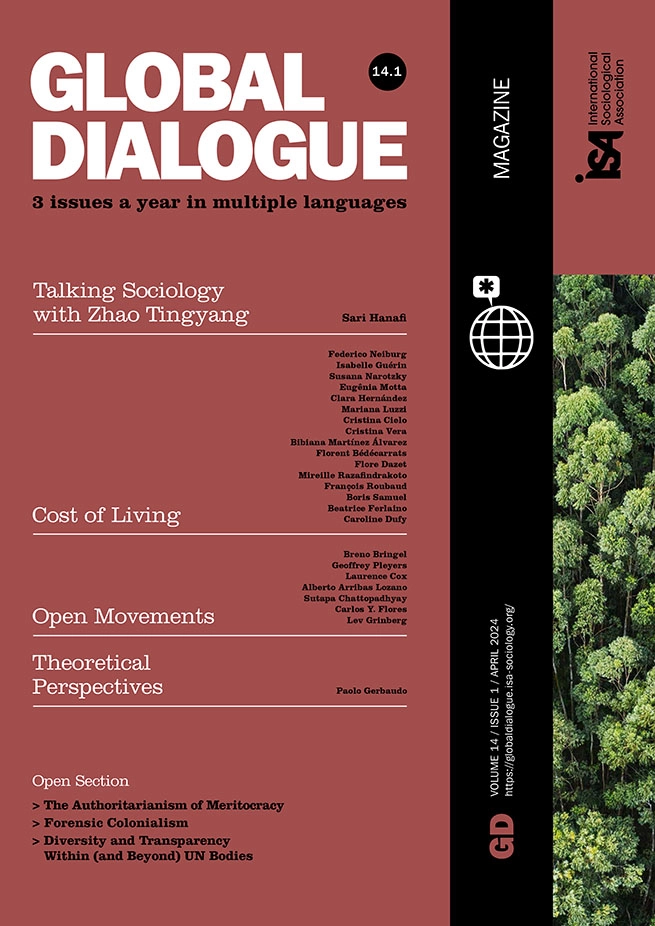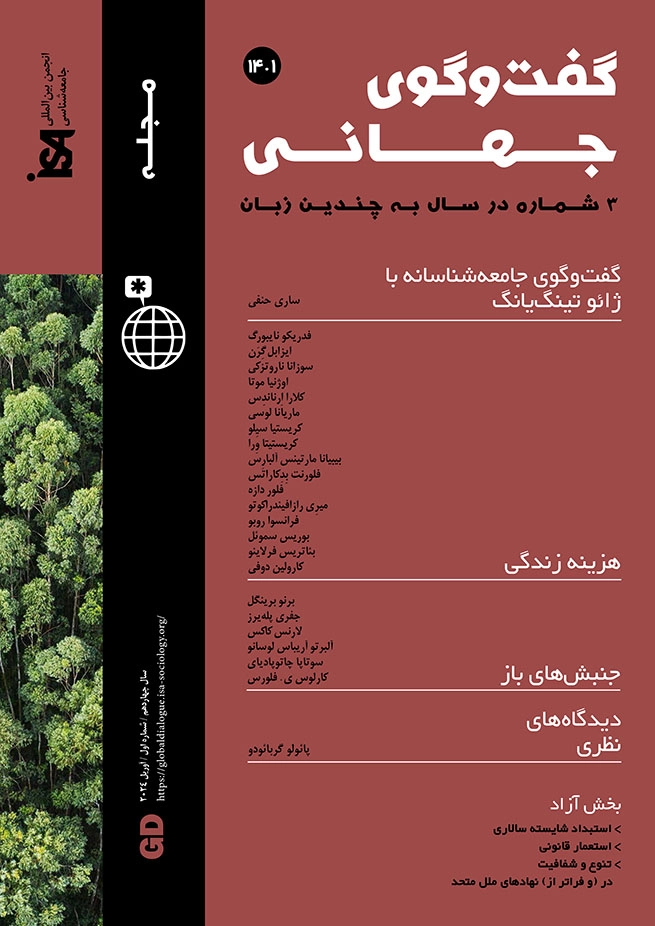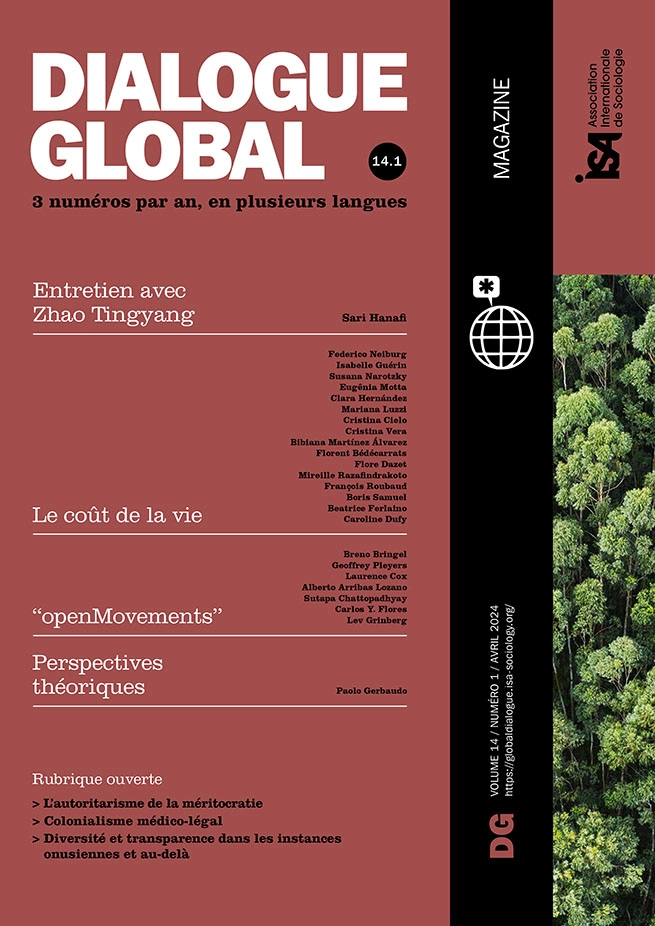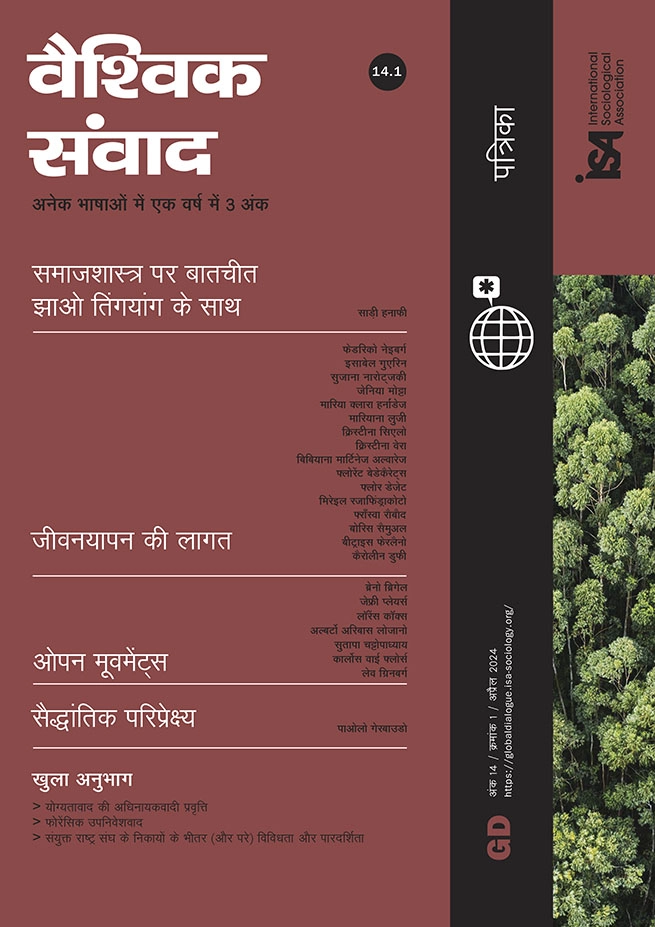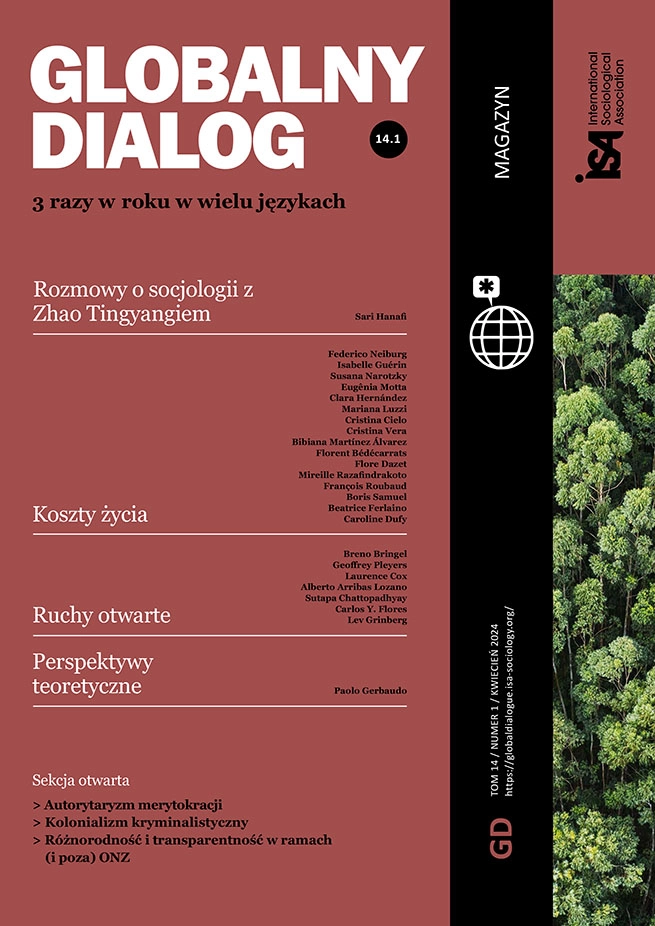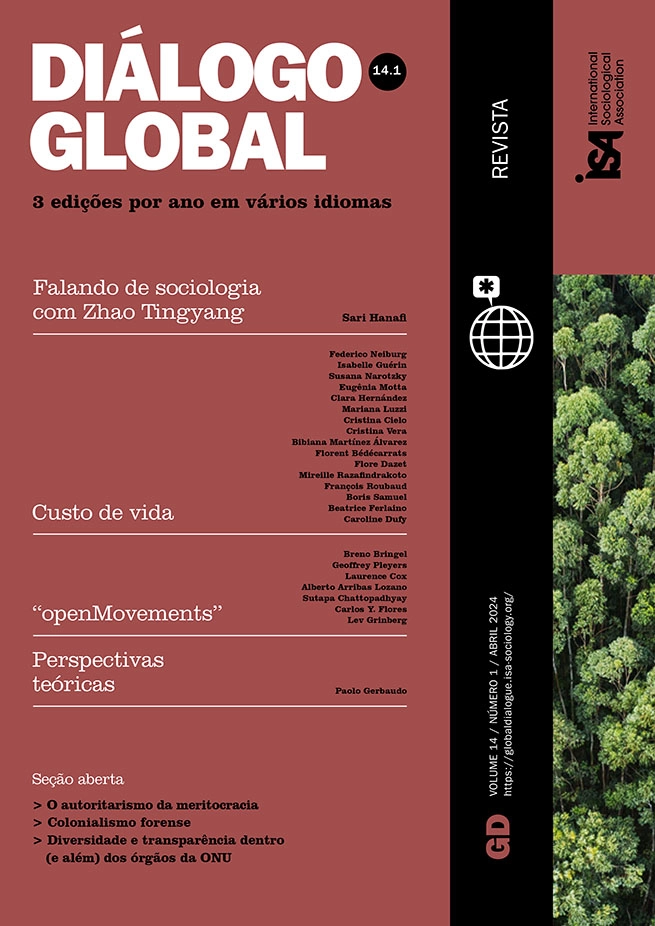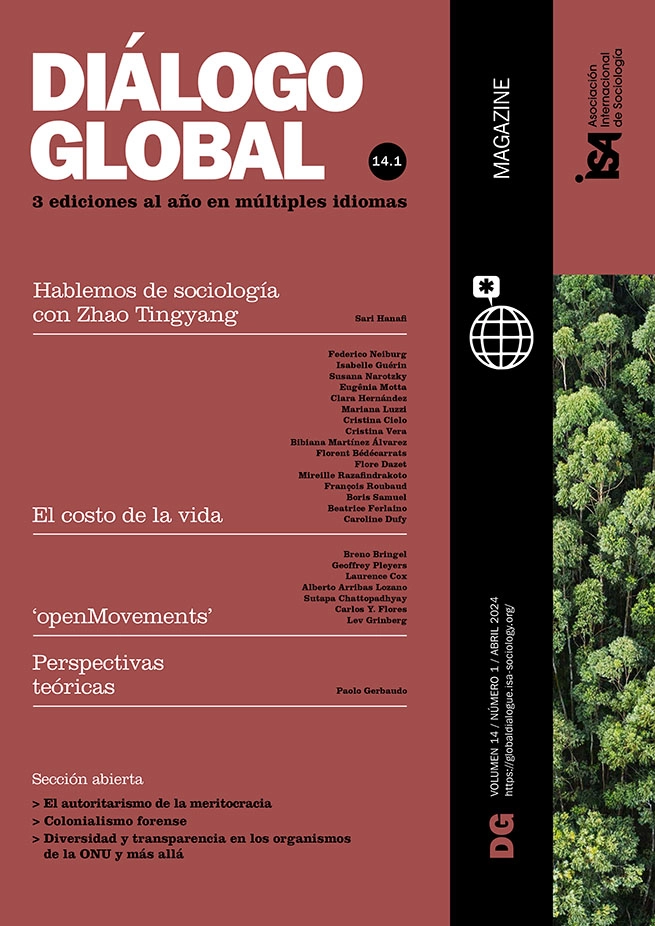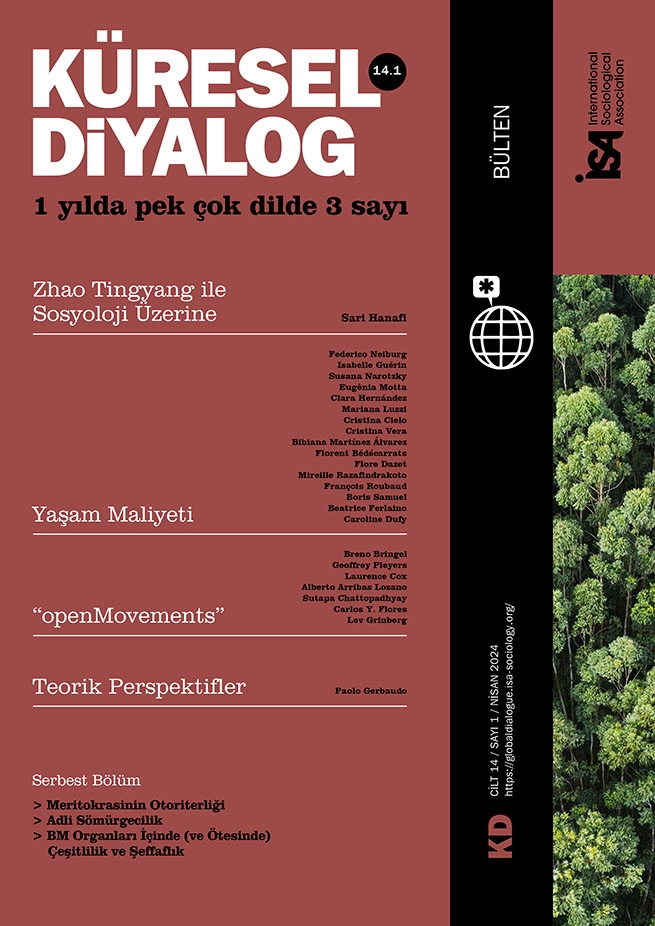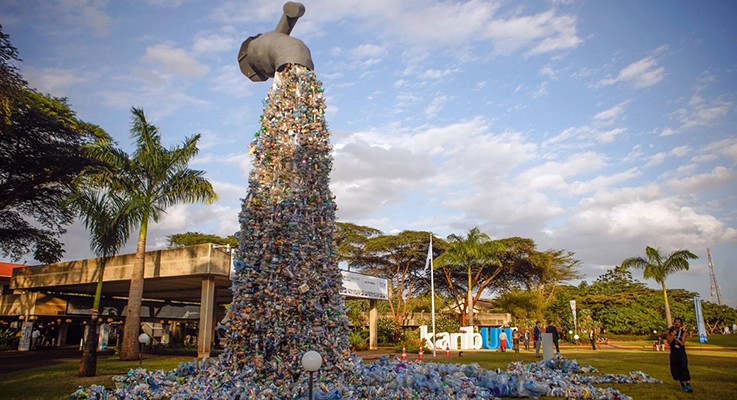Read more about Open Section

The Authoritarianism of Meritocracy
by Fabrício Maciel
Forensic Colonialism
by Mark Munsterhjelm
March 01, 2024
Diversity needs to be reflected in leadership positions – in the public sphere, both in domestic politics and in international organizations such as the United Nations (UN), as well as in the private sphere. The diversity of experiences, perspectives, and life stories in decision-making spaces leads to more inclusive and comprehensive discussions and policies. That is, the representativeness of individuals from minoritized groups matters and is a crucial element for democracy. Their being representative ensures access to decision-making spaces for numerically majority groups who are silenced and socially discriminated against, enabling the circulation of their ideas and interests.
This relationship between the political representation of different social groups and democracy occurs because political power is not only symbolic, granting social legitimacy. It also has a material dimension, since it allows access to power and resources, thus affecting society in concrete ways. That is why the possibility of being chosen for high-level positions and having effective access to resources must be shared by people with different social markers, and this is directly related to the idea of social justice.
When international policy-making is predominantly guided by the decisions of white men from the Global North, it tends not only to exclude interests, experiences, and perspectives of minoritized groups, but also to universalize the experiences and perspectives of the former. It is therefore essential to emphasize that having greater diversity in leadership positions within organizations such as the UN, besides being a symbolically charged matter of democracy and justice, is a technical issue, in the sense that it can improve policy outcomes by providing innovative grassroots perspectives for contemporary global debates and challenges.
If we consider agendas related to the environment and development, which are critical for the entire world, but especially for the Global South, improving representation is imperative. Global South countries face disproportionate impacts of climate change and challenges related to poverty and inequalities, both within their national borders and in comparison with the Global North. Vulnerabilities, scarce resources, and dependence on climate-sensitive sectors are some of the themes to consider here.
Underrepresentation within the UN system
Considering the UN system, there is underrepresentation of various groups, mainly in senior leadership positions, and the layers of underrepresentation overlap if we think intersectionally. In particular, the underrepresentation of women and individuals from the Global South stands out. This is a problem to be addressed seriously and promptly by the different bodies that form the organization. In this context, it is worth noting that locating official data and information regarding candidate selection, appointments, and mandate details is not an easy task. This difficulty hinders public scrutiny – and transparency is also a fundamental question for democracy.
Given this information deficit, recent research conducted by the Group of Women Leaders Voices for Change and Inclusion (GWL Voices) regarding gender issues is extremely valuable. The study indicates that, since 1945, within 33 of the world’s most important multilateral organizations, there have been 47 women and 335 men in leadership positions. Among the institutions analyzed, five have been led by women only once, and 13 have never been led by women, including the UN General Secretariat. In addition to quantitative analysis, it is important to think qualitatively; for example, women should not only be appointed to positions related to gender issues or themes historically linked to them, such as childhood and care.
Concerning nationality, an article published by PassBlue highlights, for instance, how the senior leadership positions of five key bodies in the UN (the Department of Political and Peacebuilding Affairs, the Department of Economic and Social Affairs, the Office for the Coordination of Humanitarian Affairs, the Office of Counter-Terrorism, and the Department of Peace Operations) are occupied by the five permanent members of the Security Council. This creates and deepens a monopoly and reinforces different power imbalances.
A recently published policy brief by Blue Smoke, “Unveiling Inequalities: A spotlight on senior appointment at key UN environment and development bodies”,[1] highlights the lack of transparency and diversity in senior leadership appointments within four UN entities: the United Nations Development Programme (UNDP), the United Nations Environment Programme (UNEP), the Food and Agricultural Organization (FAO), and the Convention on Biological Diversity (CBD). These four bodies are crucial for environment and development issues, particularly when we think about the climate emergency. Since Global South populations are disproportionately affected by climate change, and this is especially true for women and girls, it is imperative to think about the degree of region and gender representation within these entities. The brief also highlights the fact that across these four bodies, only 20% of senior leaders have been women and on average 40% have been from the Global South.
Since 1966, UNDP has had nine administrators. Among them, only one has been a woman, and only one has been from the Global South. Since 1972, UNEP has had eight executive directors: three out of eight, women; two out of eight, from the Global South. FAO, in turn, has had nine directors general since 1945; although five of them have been from Global South countries, none of them have been women. Finally, CBD has had seven executive secretaries since 1993; six of them have been from the Global South and three have been women. Therefore, the imbalance is constant, revealing different power mechanisms.
Representativeness: a key to facing up to the challenges of our times
The power imbalance in representation and representativeness is, therefore, a constant concern. It is a matter that can be extrapolated from these four study cases and includes social markers other than gender and geographic origin, such as race and religion. Thus, it is an issue that needs to be made more visible. In this sense, the selection processes for senior leadership positions within the UN (as well as its staff as a whole) need to be more transparent, equitable, and democratic; the appointments for these positions should be based more on candidates’ life experiences and technical capacities than on personal connections or political bargains. Especially regarding the climate emergency, guaranteeing more representativeness is crucial to face up to the challenges related to the environment and development.
To formulate different global mechanisms that are sensitive to local particularities and able to reach and address the needs of populations in the most vulnerable territories, it is crucial that those same populations be represented in policy-making. By embracing diversity in leadership, we contribute to the democratization of these decision-making processes and to enhancing the overall effectiveness of climate action. Local ecological knowledge and technologies constitute an example of where such efforts can be enacted; projects to generate citizen data that allow for people with different backgrounds and worldviews to be considered and influence research and policy design, are another.
Focusing on transparent and democratic appointments and trying to achieve more equal representation in leadership positions, considering gender, geographic origin, race, and ethnicity, together with other social markers, are urgent matters when it comes to democratizing the global public agenda, providing greater legitimacy, credibility, and social trust to these positions, and strengthening the capacity of the institutions within and beyond the UN. As we argue, it is not only a question of democracy and a symbolic question, but one of justice and technical improvement. In the case of the UN, for an organization whose objectives are peacebuilding, protecting human rights, sustainable development promotion, and engagement in international cooperation, and considering we are facing a climate emergency that affects the entire globe, albeit unevenly, these challenges are imperative and must be faced by moving beyond rhetoric.
It is essential to emphasize that imperative challenges which have been on the agenda for years and years still remain critical. Not all solutions, for sure, will come from international organizations or governments, but they are a constitutive part of our world. How much longer will they fail to represent ‘we, the peoples’?
[1] I would like to thank Júlia Hara Medeiros and Nayifa Nihad for conducting this research, which I had the honor to review, and Blue Smoke – particularly Plataforma CIPÓ – for providing me with the insight that led to this text.
Vitória Gonzalez, Plataforma CIPÓ, and Assistant Editor of Global Dialogue, Brazil <vitoria@plataformacipo.org> / Twitter: @vit_gonzalez
This issue is not available yet in this language.
Request to be notified when the issue is available in your language.
If you prefer, you can access previous issues available in your language:
